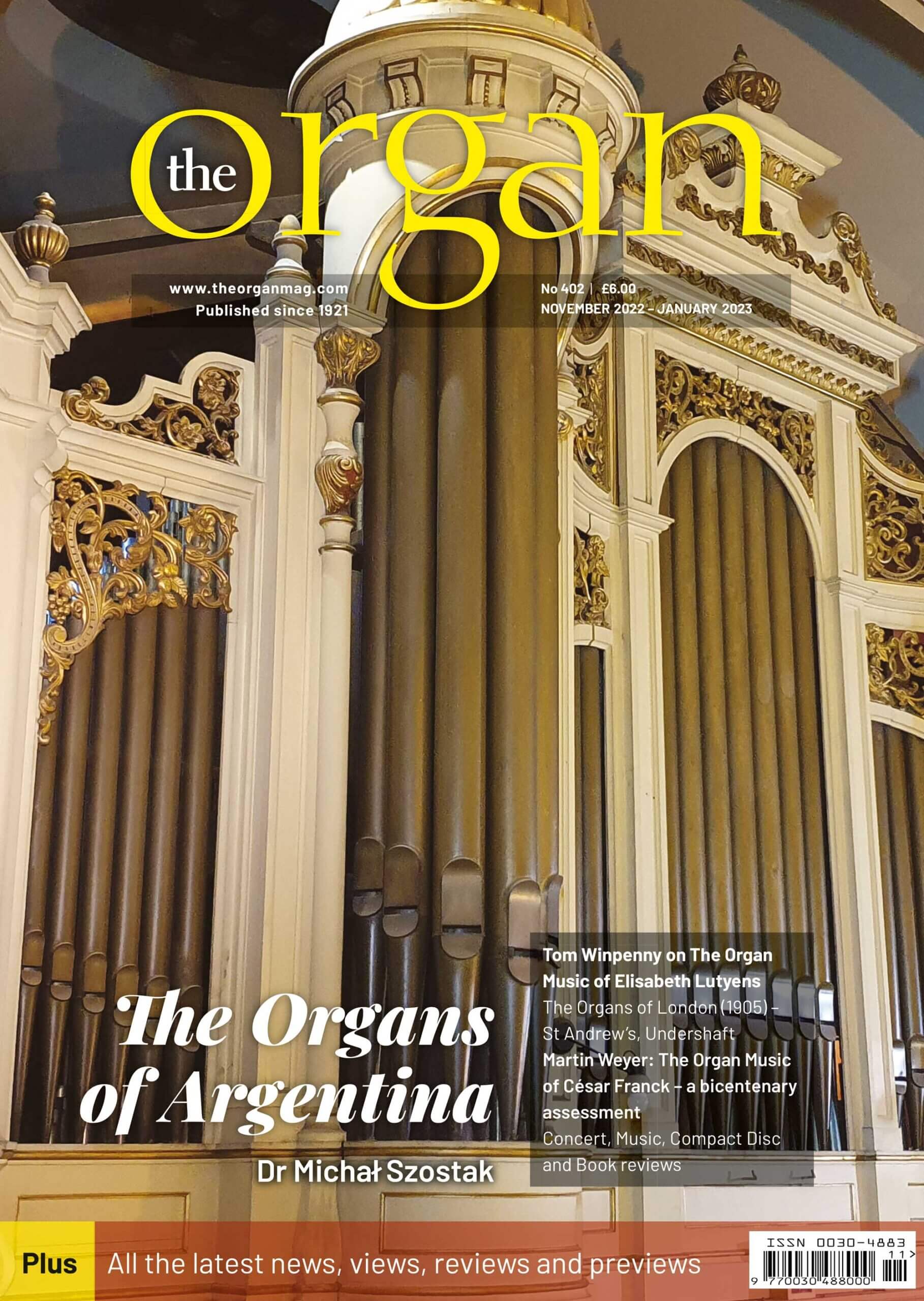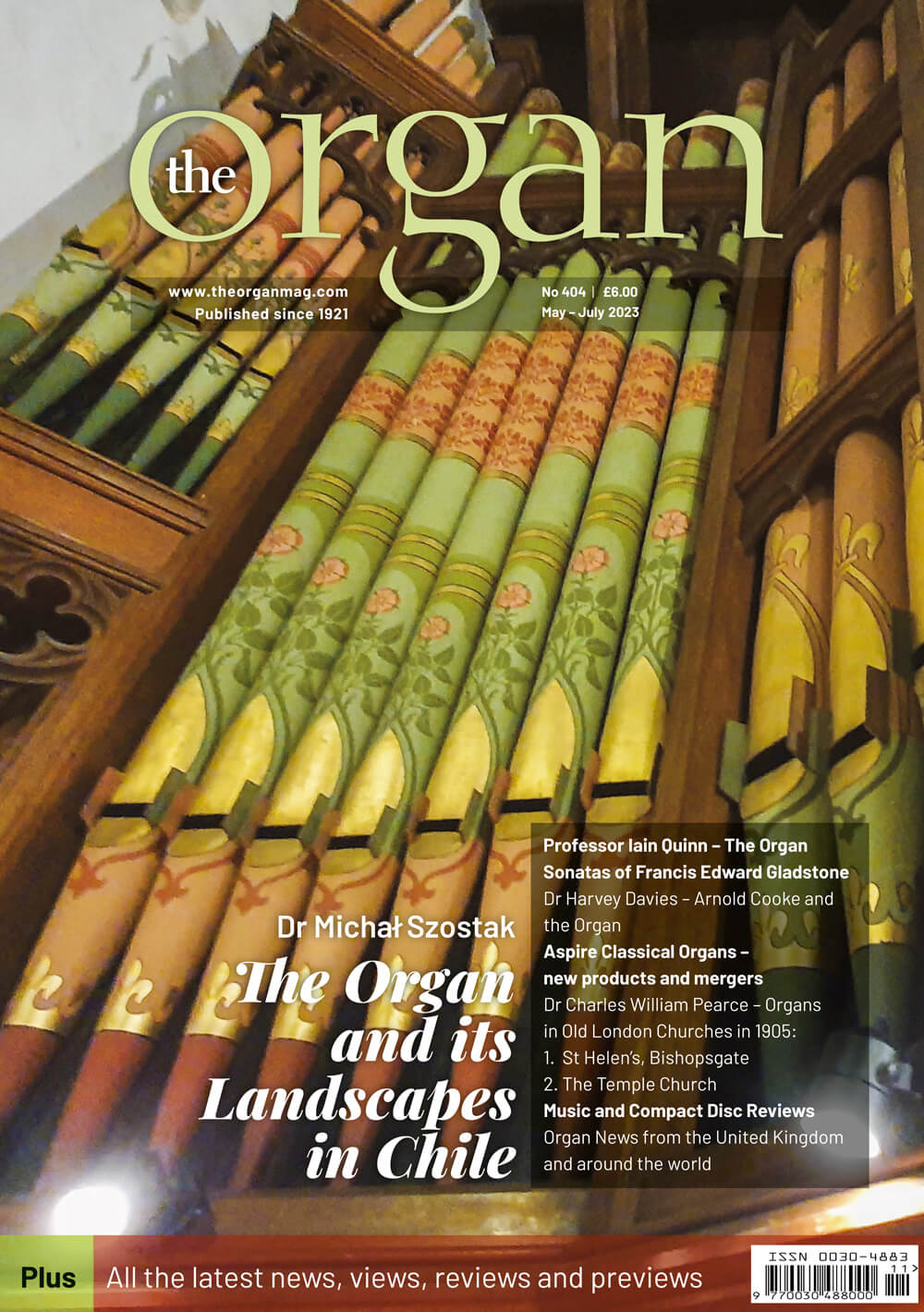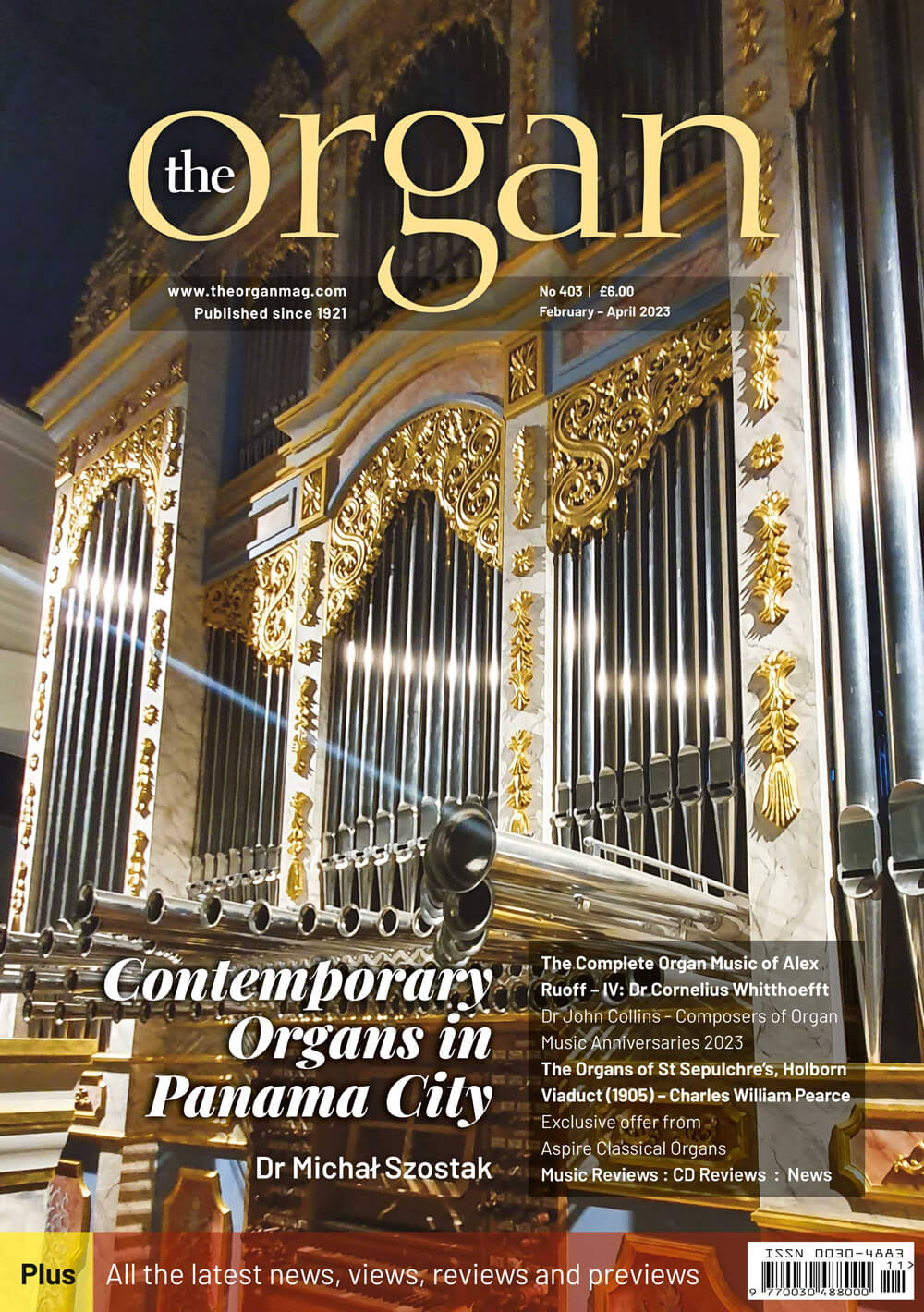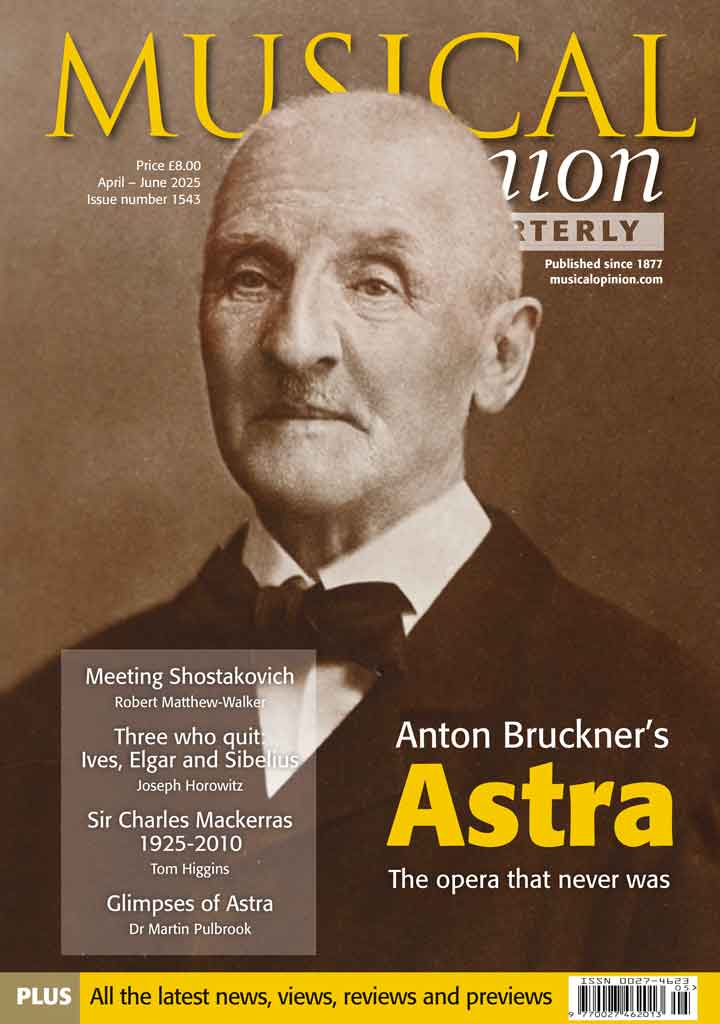

Current Issue
Previous Issues
Spring 2025. Issue 1541
Winter 2024. 1540
Autumn 2024. 1539
Summer 2024. 1539
Spring 2024. 1538
Winter 2023. 1537
Autumn 2023. 1536
Summer 2023. 1535.
Spring 2023. 1534.
Winter 2022. 1533.
Autumn 2022. 1532.
Summer 2022. 531.
Following the dispicable and illegal invasion of Ukraine, the Summer 2022 edition of Musical Opinion carries a large article about Sergei Prokofiev, arguably its most famous composer along with an overview of the Ukrainian classical music scene over the last one...
Spring 2022. 1530.
Winter 2021. 1529.
Autumn 2021. 1528.
Summer 2021. 1527.
Spring 2021. 1526.
Winter 2020. 1525.
Autumn 2020. 1524.
Summer 2020. 1523.
Explore By Topic
Autumn 2019. 1520.
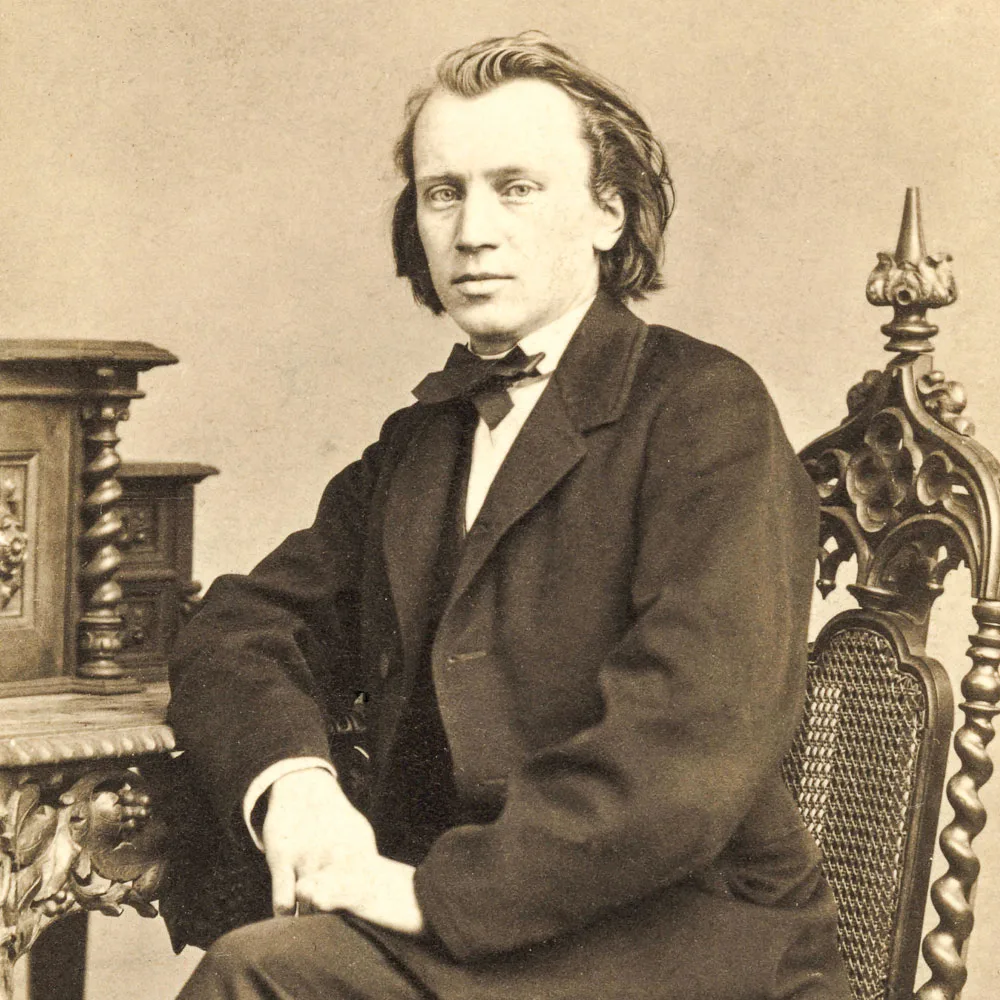
Clara Schumann and Johannes Brahms – Unanswered Questions
Judith Chernaik
Marking the bicentenary of Clara Schumann’s birth, the author considers the relationship between her and the younger composer following her husband’s death.
When Johannes Brahms arrived at the Schumanns’ Düsseldorf home in September 1853, manuscripts in hand, he was a romantic youth of twenty, beardless, unsure of his future. Clara Schumann was 34, the devoted wife of the great composer she had loved since her childhood. They had six children, and she was pregnant with a seventh. Schumann greeted the gifted Johannes as a ‘young eagle’ destined to fly high. He was eager to help Brahms publish his works and take his place among the immortals.
This was just four months before Schumann suffered a violent attack of mania, tried to drown himself in the Rhine, and was taken to Endenich Asylum, near Bonn. He died two and a half years later in the final stages of syphilis, the victim of an infection he had chronicled in excruciating detail in his 1831 diary.
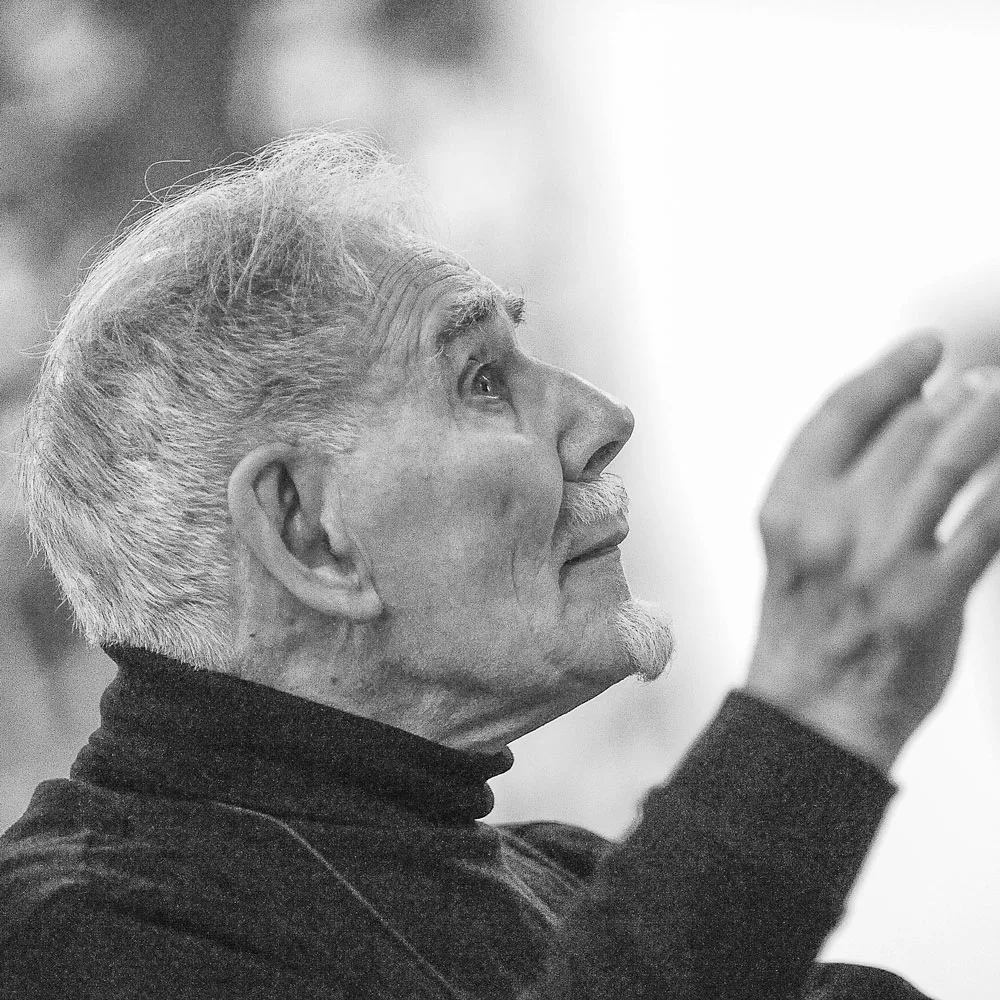
Celebrating Stephen Wilkinson at 100
Paul Hindmarch
On Saturday 18 May an attentive audience filled the pews of St. Paul’s Church, Heaton Moor, Stockport, for a unique concert celebrating the 100th birthday of conductor, composer and long-serving BBC Radio 3 producer (1954-79) Stephen Wilkinson, MBE, writes music producer and editor Paul Hindmarsh.
During my time as a BBC Radio 3 producer, I devised many centenary programmes for composers and conductors – all of them post-mortem tributes. How heart-warming it was to be able to share with Stephen his ‘Queen’s letter’ birthday with members of his musical family, friends and former colleagues, as well as the regular attenders of the monthly Music on the Moor Saturday chamber concerts. Established last year by another living legend of Manchester’s classical music scene, veteran recorder player and inspirer John Turner, Music on the Moor presents free concerts between March and July featuring some of Manchester’s foremost chamber musicians and singers. Supported by a range of local music trusts, Music on the Moor has already built up a loyal following from the parish and further afield. Retiring collections are donated to local healthcare charities. The audience for this very special occasion was by some margin the largest of the series so far, and was treated to performances which could have commanded top tickets prices in city centre Manchester or London.
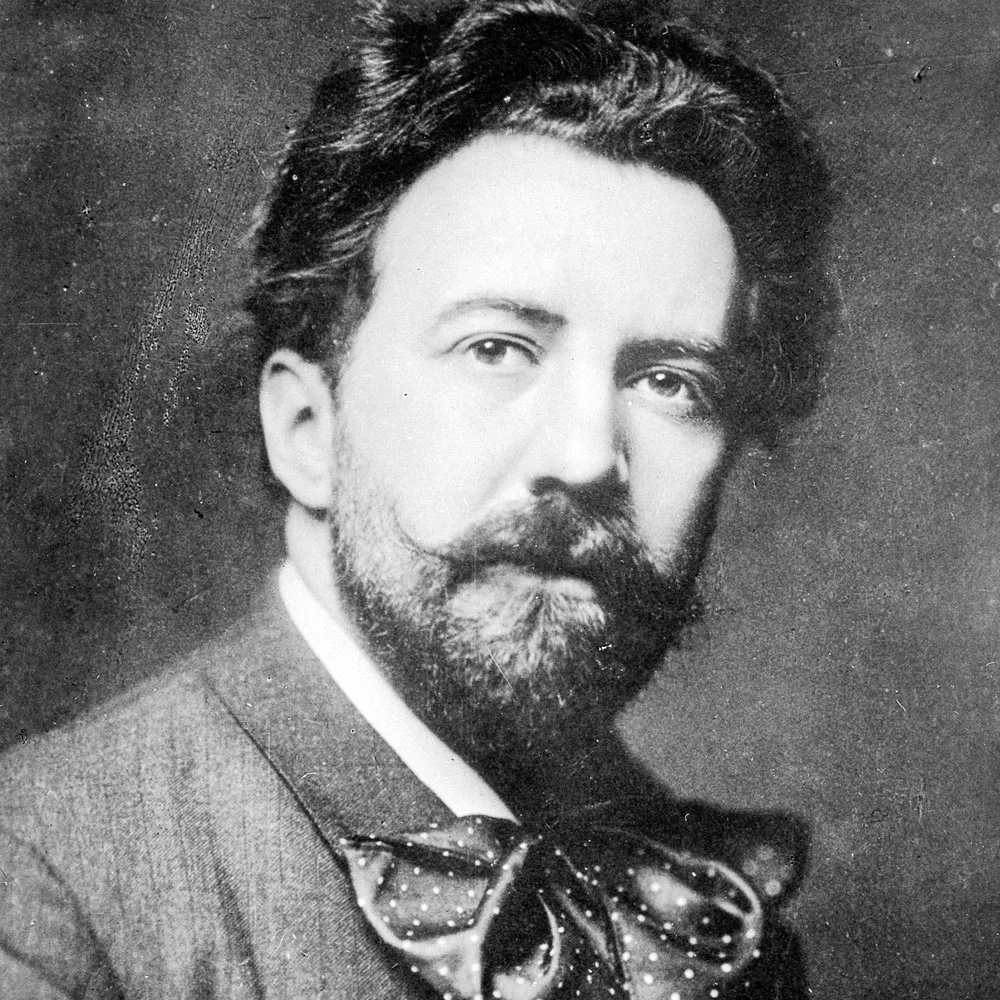
Sir Henry Wood’s ‘Dreams’ – Wagner expanded
Malcolm Miller
The author’s discovery of a little known arrangement of a Wagner song in the RAM’s Sir Henry Wood Collection, has cast valuable new light on Wood’s contribution to Wagner reception in Britain and stimulated a modern revival at this year’s Proms, 74 years after its last Proms performance.
Sir Henry Wood’s contribution to British musical life as a conductor, educator and populariser is well known; as founding father of the BBC Proms, he democratised the classical repertoire for an ever wider public, raising awareness of new music (‘novelties’) with a special predilection for various composers such as Bach and Handel, Beethoven, Wagner and Russian composers. Less well known are his original compositions and his numerous arrangements and performance versions of songs, piano pieces and larger works from the 18 – 20th centuries through which Wood made music accessible, and which place Wood within the tradition of the conductor-arranger which flourished in the late 19th and early 20th centuries, alongside artists such as Mottl, Mahler, Weingartner, and Richard Strauss. Still in manuscript, the arrangements, held in the Sir Henry Wood Collection of the RAM Library, are deserving of study and revival in performance.
I recently I came across one such manuscript, Sir Henry Wood’s little known orchestration of Wagner’s ‘Träume’ for violin and large orchestra, completed in September 1917, premiered in 1918 and performed it virtually every season till 1935.
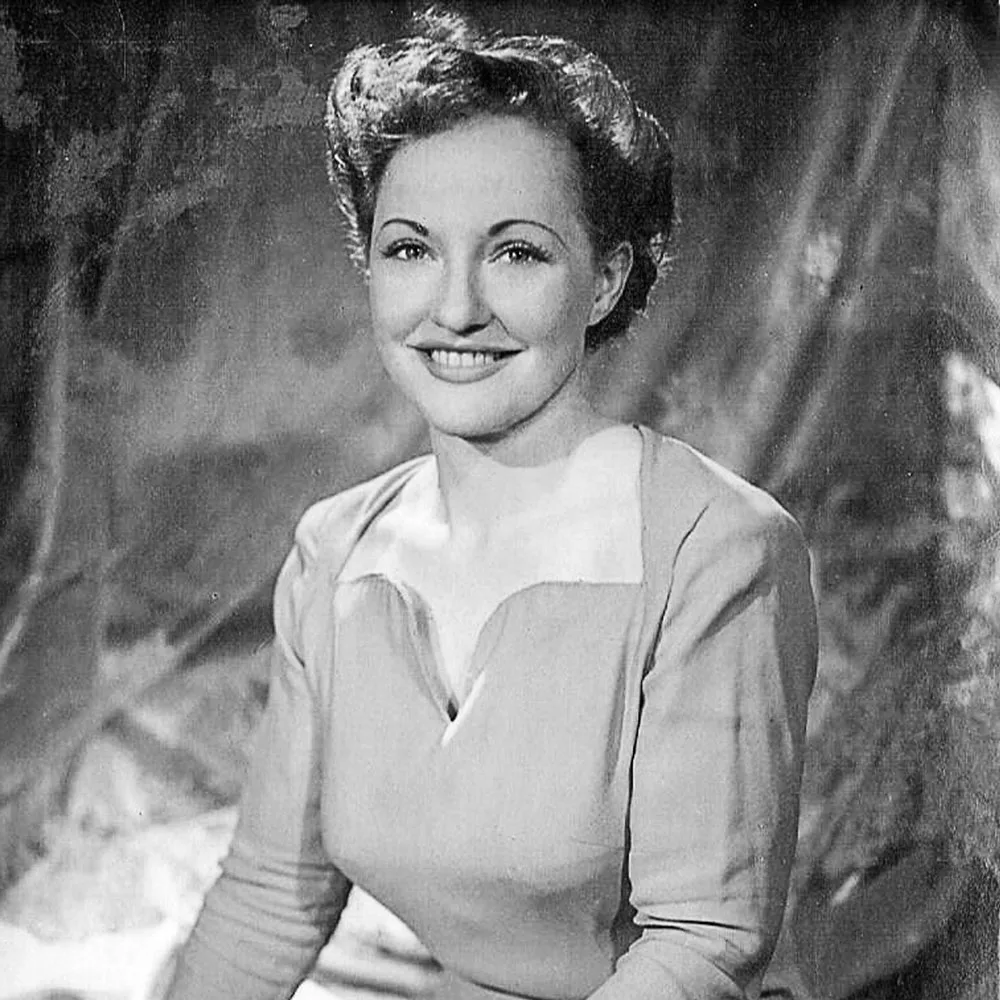
Helen Clare
Simon Robinson
Helen Clare’s death, in September 2018 at the age of almost 102, marked the end of an era, Helen was one of the last leading lights of the 1930s-50s British music scene. Her significance to the history of broadcasting and the music scene in general cannot be underestimated; she had a bright career and moved with comfortable ease between genres of popular, classical and light music across more than three decades.
Making her name with the top dance bands of the 1930s she made frequent broadcasts on the BBC and Radio Luxembourg, and even early Television broadcasts from 1937 and was a bright star of radio by the Outbreak of World War II. At this time she was also compering and singing for forces and families wartime requests programmes and after the War with her broadcasts with the BBC Concert orchestra of “Light music” with conductors such as a young Sir Charles MacKerrass or Vilem Tausky secured her name as one of Britain’s most popular radio stars.
Helen Clare was born in Bradford in November 1916, although Helen’s earliest memories were of Australia, where she was taken at around age 4. It became clear that young Helen had a rare gift for singing that led to her touring Australian theatres and concert halls, where she was billed as “Little Nellie Harrison-Child Wonder”.
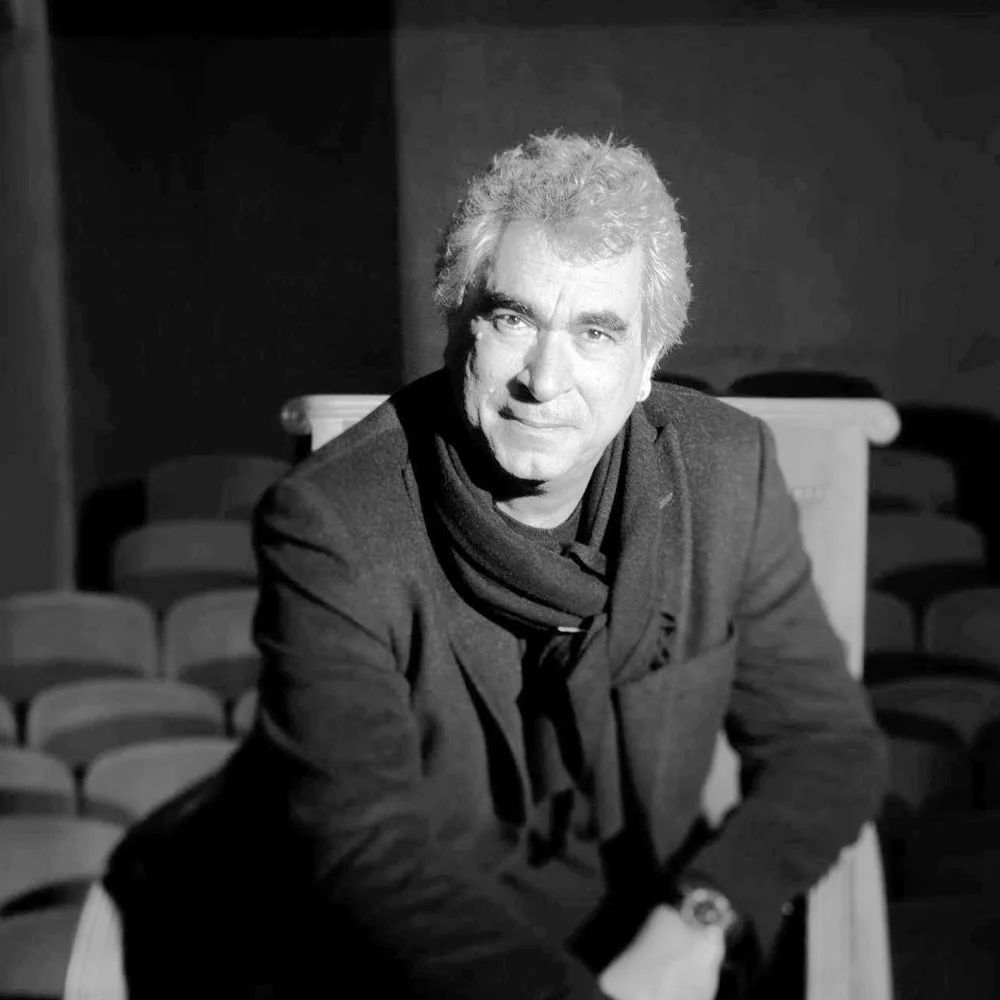
Keep on singing - part 1
Nicolas Bacri
“It’s easier to fool people than to convince them that they have been fooled.” Mark Twain
As mentioned in our Editorial, we publish the first part of an interview by Philippe Malhaire – “Pour les Sonorities Opposées” – with the distinguished French composer Nicolas Bacri
PSO: Your second book, Crise, has just been released. Can you explain the genesis of this project ?
Nicolas Bacri: This is a second text, the first being “Foreign Notes” published in 2004 (Seguier publishing), about what it means, from my point of view, to be a composer today. I speak mostly about my feelings toward what I perceive to be the essential musical values that are somewhat threatened in our time. There were two triggers for this book. The first is this phrase that comes back from time to time at the end of an interview : “This is the first time that I have interviewed a living composer”. Indeed, unless you turn the tables, it is better that the composer be alive, that makes sense… However, I told myself that if this tautology is made possible – even if not acceptable – it is perhaps because the composer has become an anomaly in a musical society that predominantly turns to the glorification of the past. I therefore ask several questions in this respect, the first being that of the composer’s responsibility. Though it does not mean that he is the only one responsible.
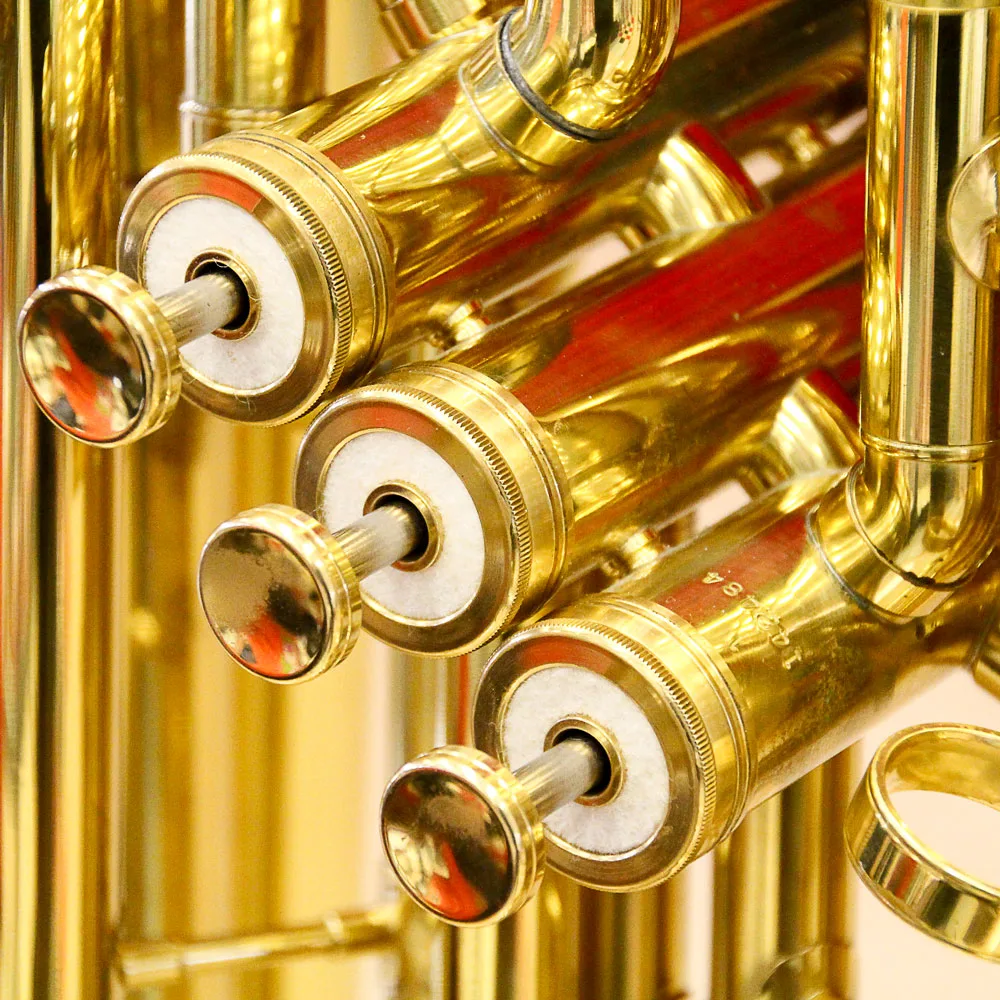
Noisy Orchestras
John Boyden
Since the late 1950s symphony orchestras have continued to grow louder, but at a faster rate than ever before. The arrival of plastic screens on concert platforms ought to have told the sharper-eyed that particular members of a symphony orchestra needed protection from some sort of threat. When they took to inserting earplugs, few people noticed.
Bassoons are the most likely instruments to be overwhelmed by the massive presence of the modern orchestra, yet their players still rehearse passages that they must know will never be heard through the barrage of brass and percussion. This is why a modern orchestra has come to depend more on weight of sound for its effects, than on the expressive subtleties of former generations.
Only a set of modern timpani rivals the modern trombone in overwhelming the modern orchestra so completely. The bell of a tenor trombone is now as wide as that of a bass-trombone of sixty-five years ago, leaving the bass trombone in a class of its own when producing quantities of industrial sound with unparalleled ease.

